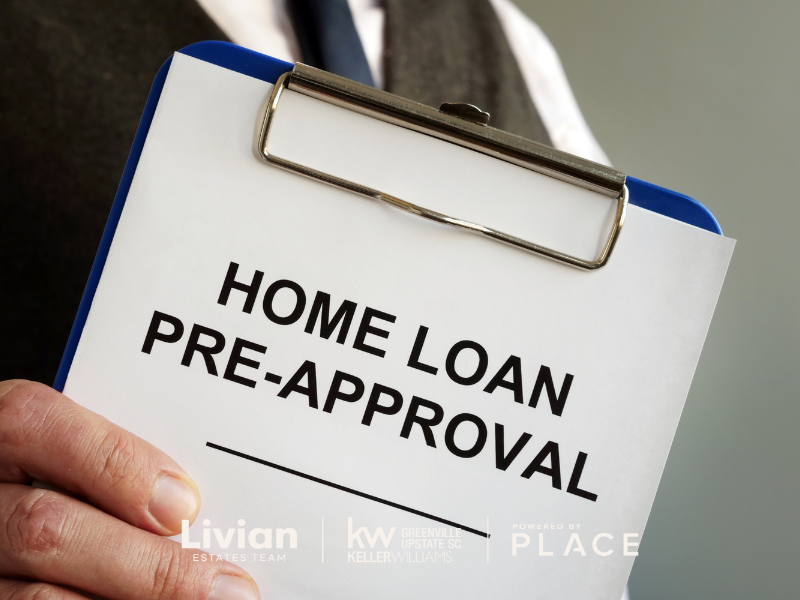Categories
Home BuyingPublished May 31, 2025
Everything You Need To Know About Mortgage Pre-approval

What is mortgage pre-approval?
Mortgage pre-approval is a letter from a lender that shows how much they’re willing to loan you. It’s based on your income, credit, debts, and assets. You’ll fill out a loan application and provide documents to prove your financial situation. This letter helps you understand your budget before you start house hunting.
Pre-approval is different from pre-qualification. Pre-qualification is a quick estimate. Pre-approval is detailed and verified by the lender.
Why should you get pre-approved?
Sellers want serious buyers. A pre-approval letter tells them you’re ready and able to buy. It gives you an edge if other buyers don’t have one. It also helps you narrow down your search. You won’t waste time looking at homes outside your price range.
What do you need for pre-approval?
Lenders need documents that show how much money you make and what you owe. You’ll usually be asked for:
-
Pay stubs
-
W-2s or 1099s from the past two years
-
Bank statements
-
Tax returns
-
ID and Social Security number
They use this to check your income, credit, and debt. Based on that, they decide how much you can borrow.
Will it affect your credit score?
Yes. The lender will do a hard inquiry on your credit. That may lower your score by a few points. If you apply with several lenders within 30 to 45 days, it counts as one inquiry.
A better credit score means better loan terms. If your score is low, you might still get approved, but with a higher rate or a smaller loan.
How long does pre-approval last?
Most letters are valid for 60 to 90 days. After that, you’ll need to update your information. If anything changes like your job, income, or debt, you may need a new letter sooner. Use this time to shop for homes. If you’re not ready to buy, don’t apply until you are.
How much should you get pre-approved for?
Lenders look at your debt-to-income ratio. This compares your monthly debts to your gross income. Most want it under 36 percent. You don’t have to spend the full amount you’re approved for. Think about your other costs like property taxes, insurance, or repairs. A smaller loan may give you more breathing room.
Can a lender deny your loan after pre-approval?
Yes. Pre-approval is not a final approval. Lenders will check your finances again before closing. If your credit score drops, or you take on new debt, the lender can deny the loan. Don’t make big purchases or open new credit cards during this time. Stay consistent with your job and payments.
Should you get pre-approved before shopping for a home?
Yes. Pre-approval helps you search with confidence. You’ll know what you can afford and be ready to act fast when you find the right house. Sellers may not take your offer seriously without it. You could lose the home to another buyer who came prepared.
Can you switch lenders after getting pre-approved?
Yes. Pre-approval doesn’t lock you in. Once you’ve found a home, you can shop around for better rates or terms. Just be ready to share your documents again. If your information hasn’t changed, the process should move quickly.
What if you're not ready to buy yet?
You can still speak with a lender. Ask what you need to do to qualify for a loan. They might suggest paying down debt or improving your credit. Use that advice to get ready. When you’re prepared, the pre-approval process will be smoother.
Mortgage pre-approval gives you a clear path to homeownership. It helps you act with confidence and keeps your search focused. If you’re serious about buying, it’s your first real step. Talk to a trusted lender and start the process before you tour your first home.





